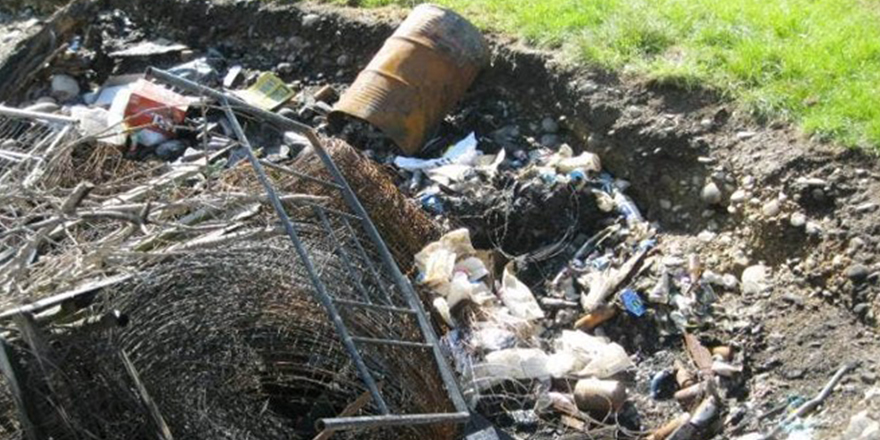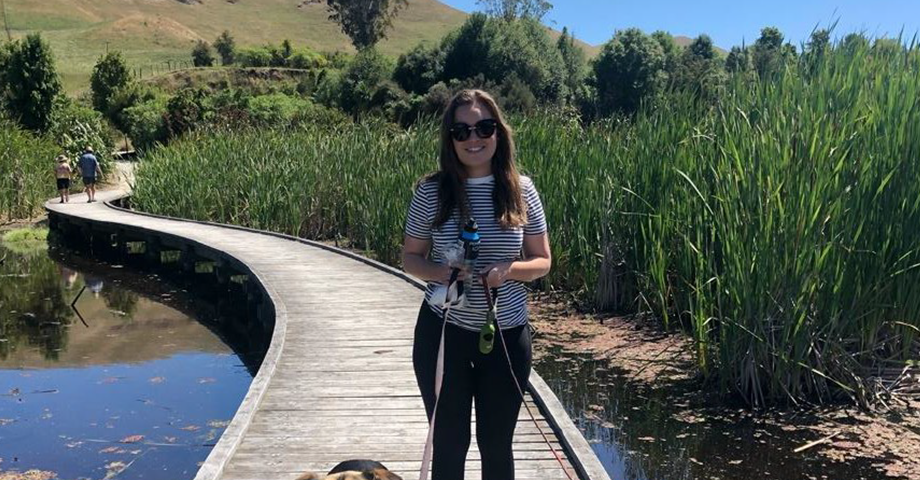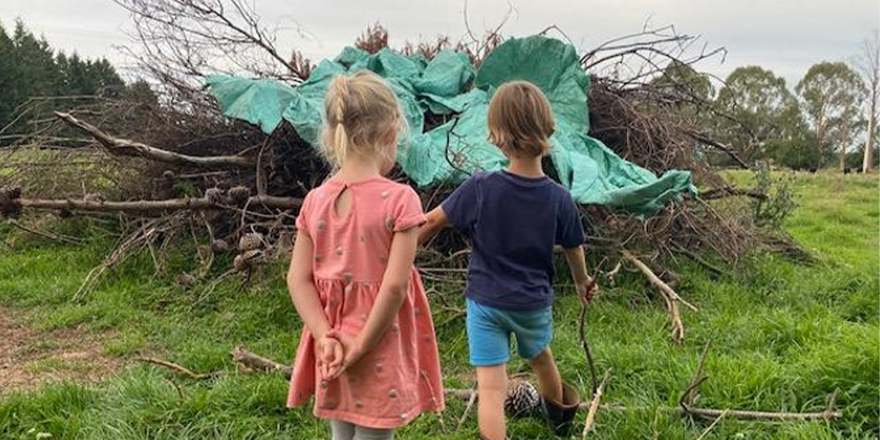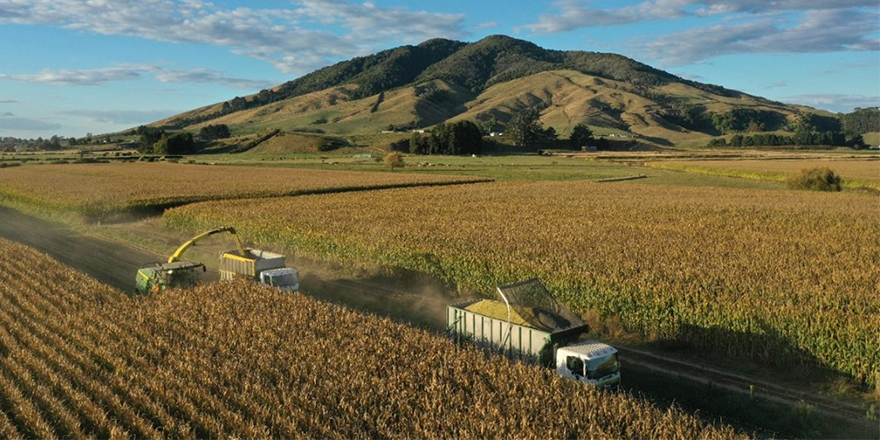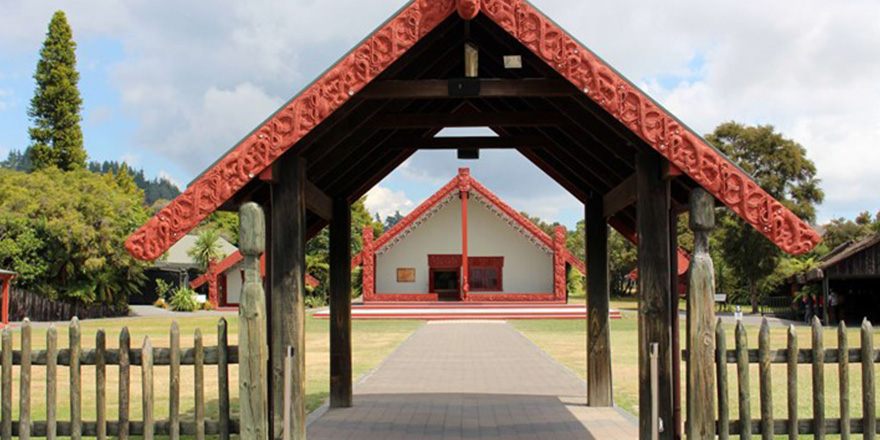
Executive summary
The aim of this report is to provide an understanding of te ao Māori (the Māori world view) and mātauranga Māori (Māori knowledge) in an agricultural context and to explore how some of the concepts within this area can be utilised in a way that benefits both individual farms and the wider industry.
The methodology used to do so includes a literature review on these two areas as well as the key trends and challenges in the agricultural industry.
This is followed by semi-structured interviews with four farming organisations implementing some or all of the concepts reviewed. The interviews explored their core drivers and aims and the benefits and challenges of in incorporating these concepts and practices. Thematic analysis of the responses from interviewees was utilised to assess the qualitative data.
Key Findings:
Utilisation of the “quadruple bottom line” approach (environmental stewardship, social responsibility, intergenerational wealth creation, and cultural revitalisation), taking an intergenerational perspective, Kaitiakitanga (stewardship) and the relationship between whakapapa (genealogy) and whenua (land) are key areas of te ao Māori and mātauranga Māori where great value for agriculture can be achieved.
These areas have particular importance and relevance when used as potential solutions for the key challenges and trends in Aotearoa’s agricultural sector. The most significant of these are agriculture’s environmental impact and the rise of the conscious consumer as well as export market volatility and uncertainty in the current global context.
Within an agricultural context there are numerous practices, knowledge, concepts, and approaches are present in mātauranga Māori and te ao Māori that have significant potential value. There is also a clear alignment as they are all focused on the natural world and society which are the fundamental components of both te ao Māori and agriculture.
The most commonly incorporated aspects of mātauranga Māori were the use of kaupapa (principles and ideas which act as a base or foundation for action) to guide decision making, embracing a wider view of success and a holistic view of farming practices and the importance placed on relationships and connections through whanaungatanga (relationship, kinship, sense of family connection).
Recommendations:
- Have patience and persistence in understanding the perspectives of Mana Whenua at all levels and involve them in governance and decision-making processes to ensure the best long-term outcomes are achieved on a consistent basis for communities and the environment.
- Creation of think tanks or collaborative projects focused on the agricultural sector with individuals from diverse backgrounds encouraging open thinking and interpretation of ideas.
- Encourage the uptake of new and novel approaches within farming and agricultural businesses as well as experimentation and trialling both on-farm and within business models.
- Cultivate a culture in agriculture of combined and cross-cultural thought processes where utilising western technological advancements within te ao Māori frameworks is celebrated and encouraged.
- Facilitate the development of kaupapa for farming businesses utilising te ao Māori to embrace wider definitions of success.
- Create a platform for meaningful and genuine engagement between iwi, hapū and industry to take a collaborative approach to the generation of solutions for the multitude of wicked problems facing both the agricultural industry and the communities it is present in.
Download and read the full report here:

